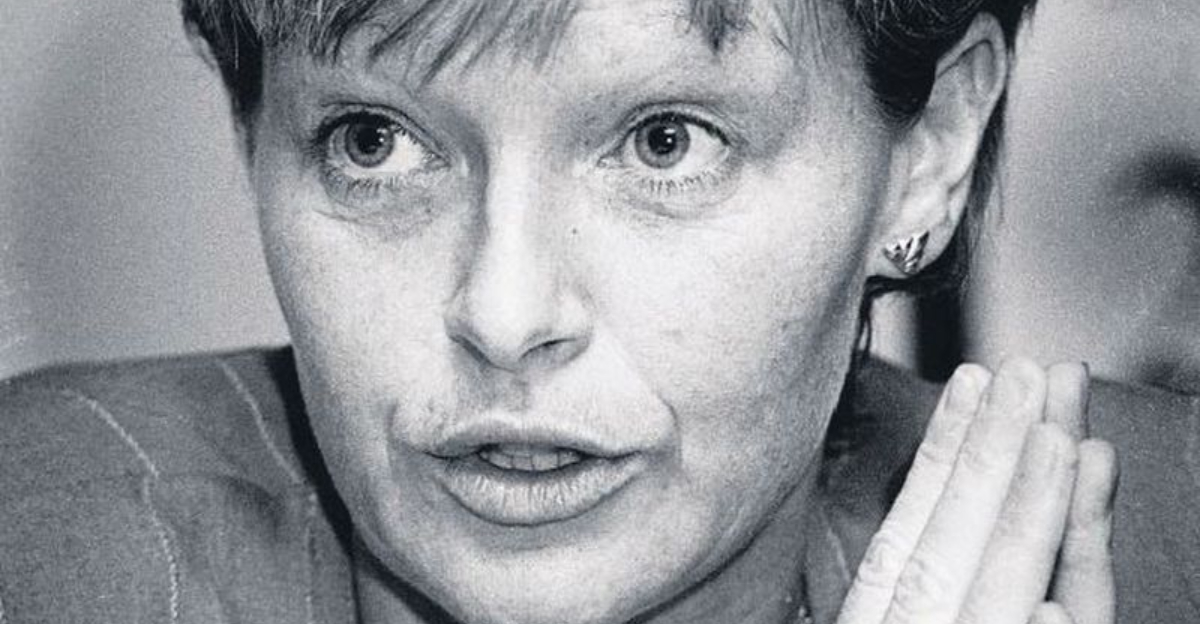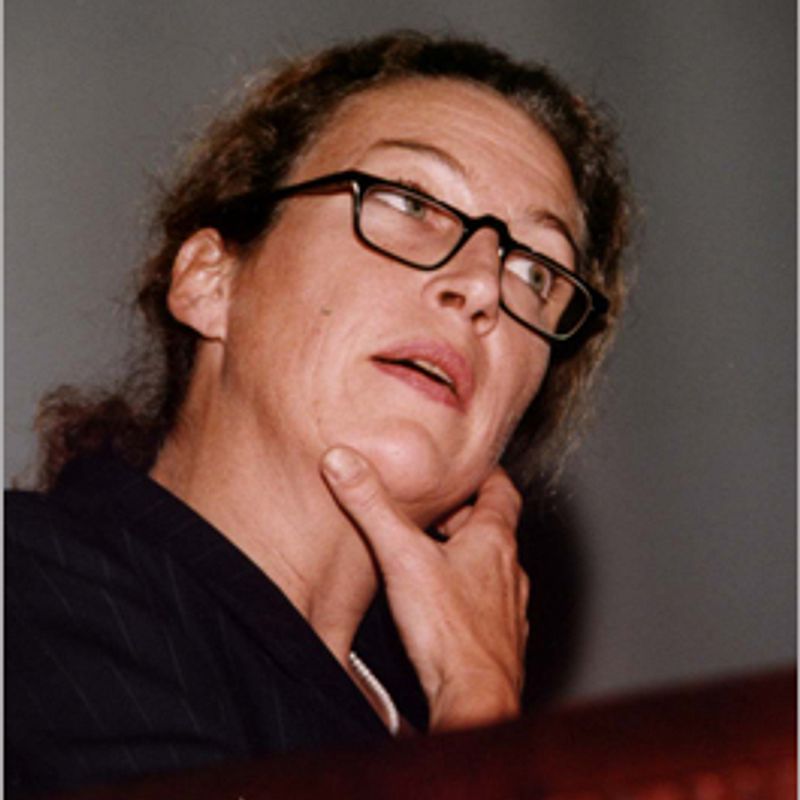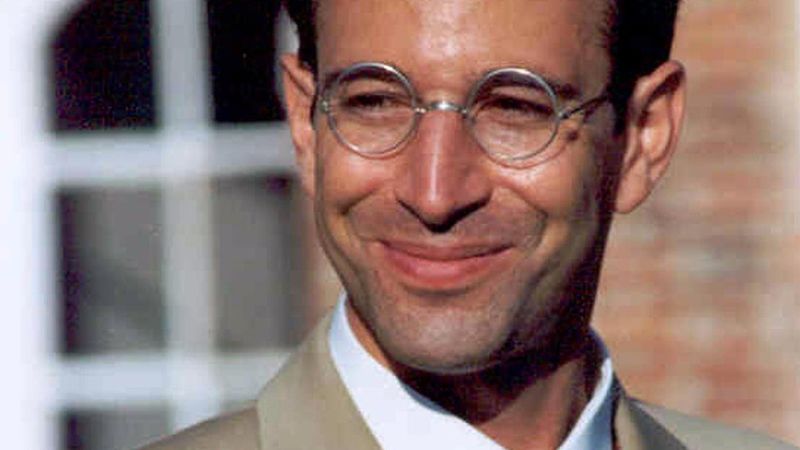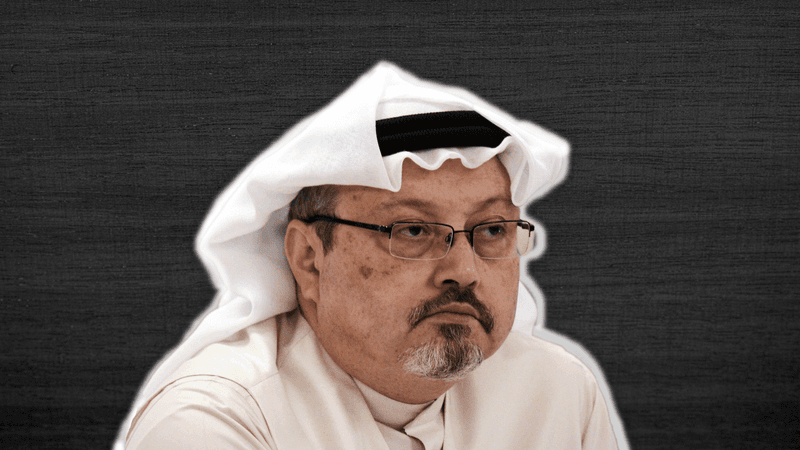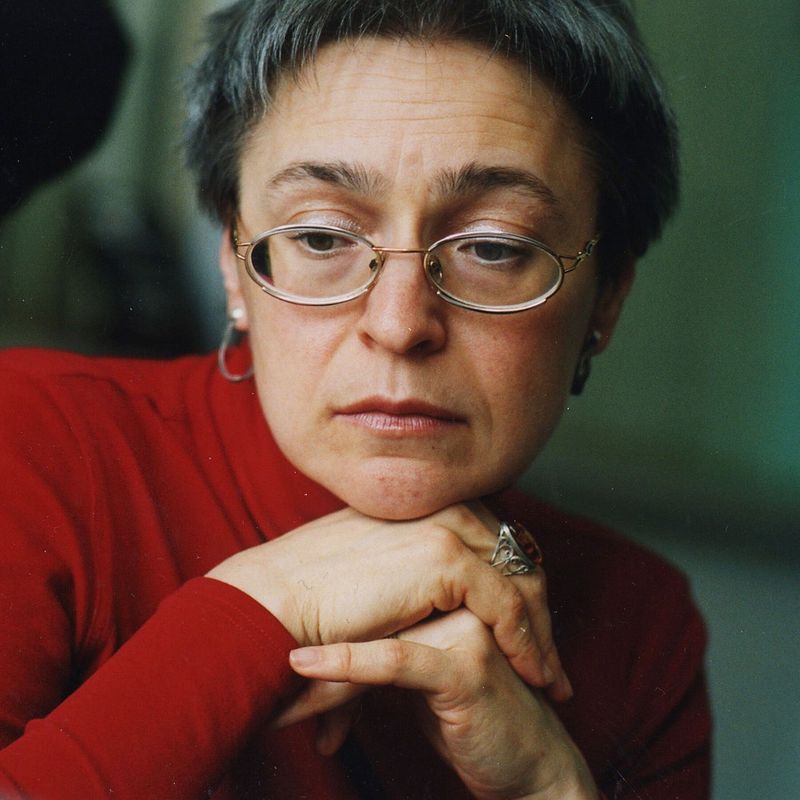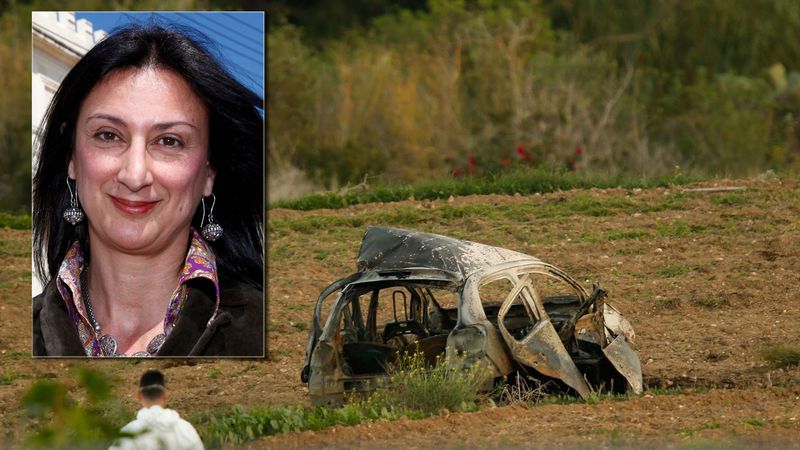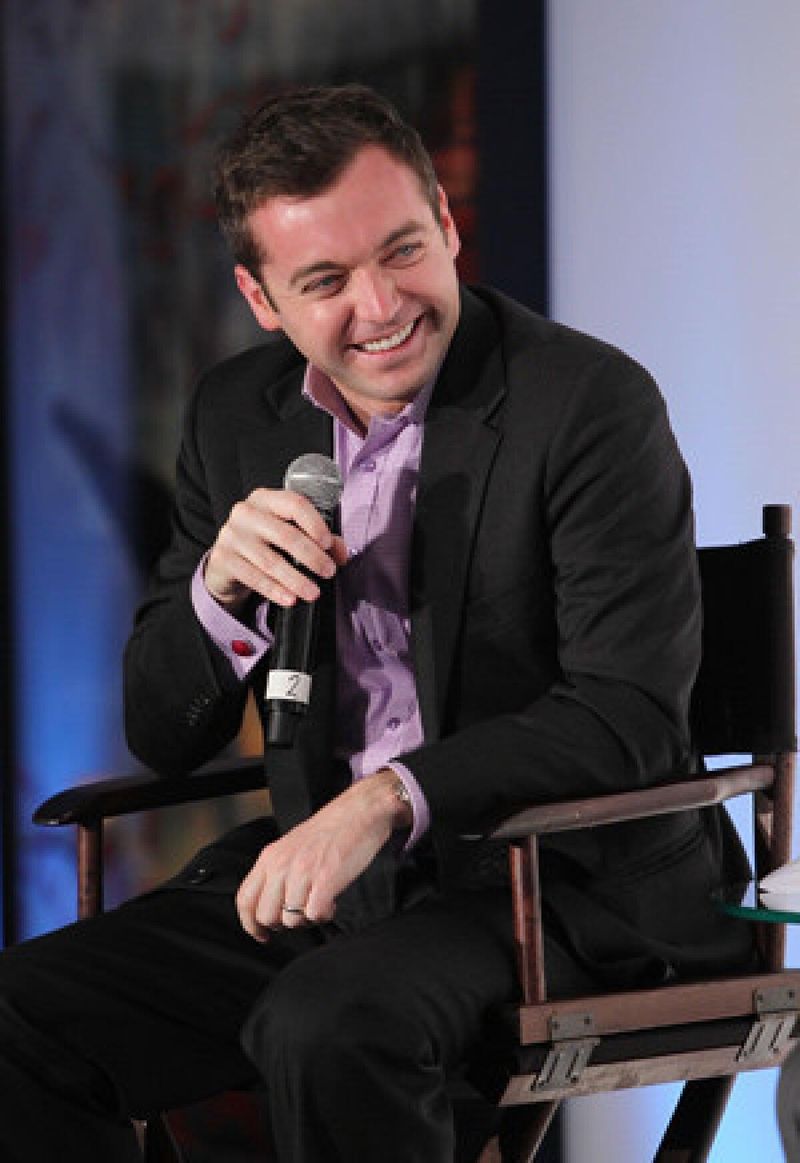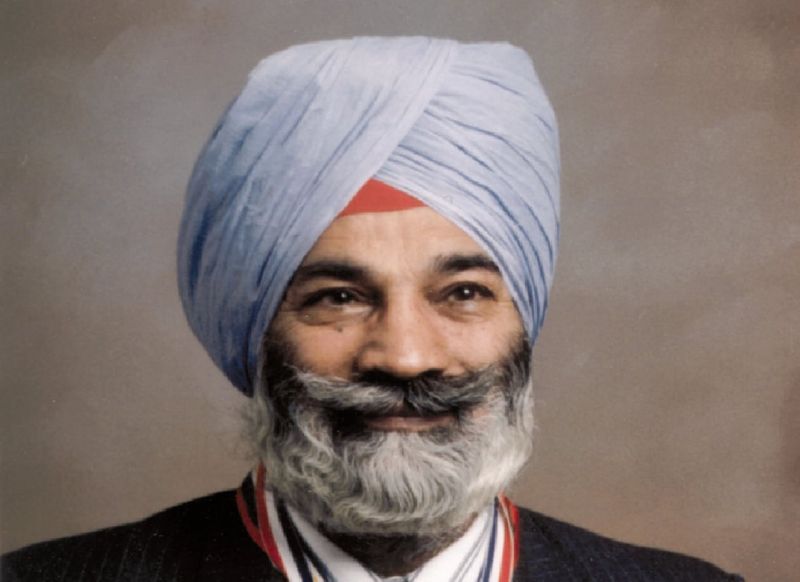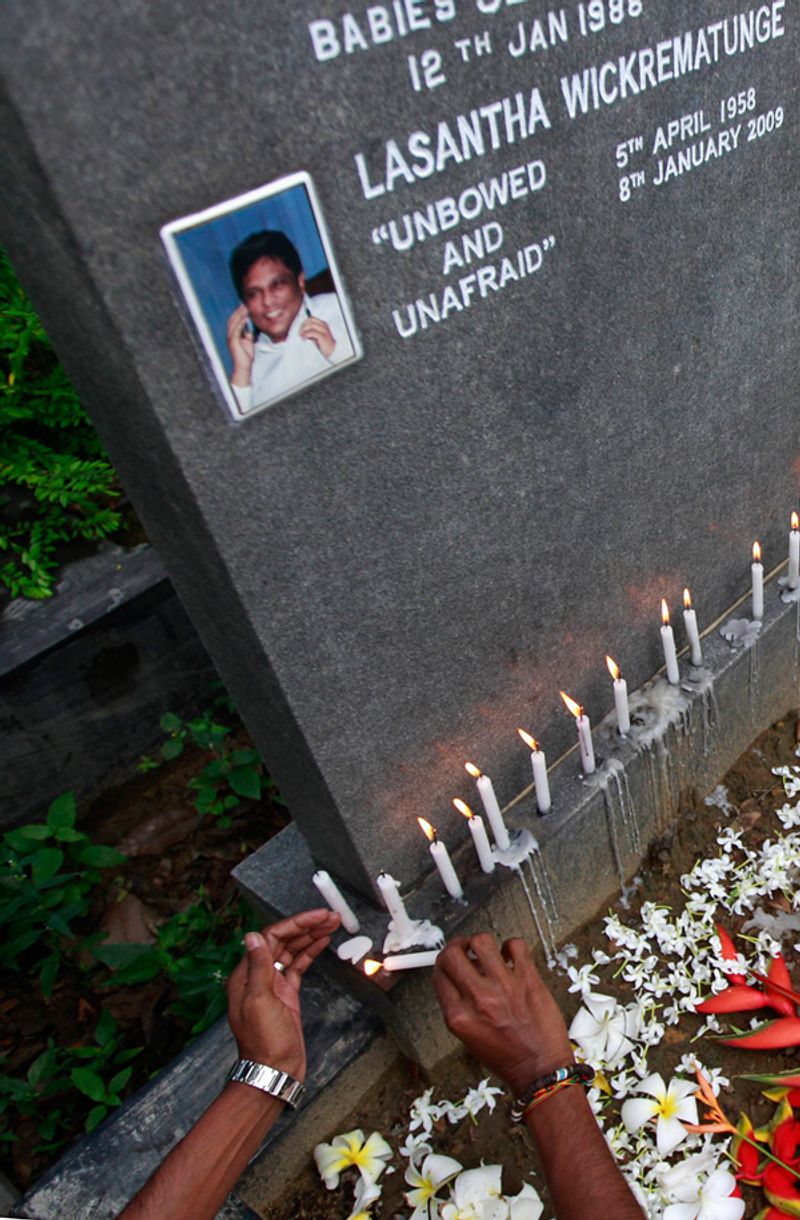In the perilous world of journalism, some have paid the ultimate price for their commitment to truth.
This post honors nine journalists who died exposing injustices, standing up to corruption, and shedding light on wars and human rights abuses.
Their courage and sacrifice remind us of the vital role of a free press, even when it leads to fatal consequences.
1. Marie Colvin
Marie Colvin, famed for her tenacity, donned her eye patch after losing an eye to a grenade in Sri Lanka. Her commitment was unwavering as she reported from the frontlines.
In 2012, while covering the siege of Homs, Syria, her life was tragically cut short. Many suspect she was targeted deliberately.
Colvin’s fearless pursuit of truth made her a symbol of journalistic integrity. Her death underscored the perils faced by war correspondents and sparked global discussions about journalist safety in conflict zones.
2. Daniel Pearl
Daniel Pearl’s smile was as infectious as his curiosity. The Wall Street Journal reporter sought truths others feared to uncover, engaging with people across cultures.
In 2002, his pursuit led him to Karachi, Pakistan, where he was kidnapped and murdered in a horrific act that shocked the world.
Pearl’s legacy endures in efforts to foster understanding between cultures. His death marked a turning point in media safety discussions, highlighting the growing risks for journalists in volatile regions.
3. Jamal Khashoggi
Jamal Khashoggi, a voice of dissent, was renowned for critiquing Saudi Arabia’s leadership. His articles challenged authority and sparked debate.
In 2018, he entered the Saudi consulate in Istanbul, never to return. His murder sent shockwaves globally, raising questions about press freedom and human rights.
Khashoggi’s unwavering dedication to truth continues to inspire journalists worldwide. His tragic end serves as a powerful reminder of the perils faced by those who dare to speak truth to power.
4. Veronica Guerin
With courage that knew no bounds, Veronica Guerin exposed Dublin’s criminal underworld. Her fearless investigations into drug cartels shook Ireland to its core.
In 1996, her relentless pursuit of justice led to her assassination. Her murder was a catalyst for dramatic changes in Irish law.
Guerin’s bravery and dedication to unveiling corruption left a lasting impact, emphasizing the critical role of journalists in combating crime and corruption, even at great personal risk.
5. Anna Politkovskaya
Anna Politkovskaya’s fearless reporting on Chechnya’s human rights abuses made her a target. Her vivid accounts exposed horrors many preferred hidden.
In 2006, she was silenced in her Moscow apartment building, her death a chilling reminder of the risks faced by those challenging powerful regimes.
Politkovskaya’s legacy is her unwavering commitment to shining light on injustices. Her murder remains a solemn testament to the dangers that accompany the pursuit of truth in authoritarian environments.
6. Daphne Caruana Galizia
Daphne Caruana Galizia’s incisive investigations into corruption rocked Malta. Her blog became a beacon of truth, challenging those in power.
In 2017, a car bomb ended her life, triggering international condemnation and calls for justice. Her work continues to inspire others to hold authority accountable.
Galizia’s courageous reporting lives on, reminding us of the power and necessity of investigative journalism, even amidst threats and violence.
7. Michel Hastings
Michel Hastings was known for his audacious reporting and knack for storytelling. His work often ruffled feathers, sparking important conversations.
In 2013, he died in a high-speed car crash, sparking speculation and conspiracy theories about his untimely death.
Hastings’ fearless pursuit of truth, undeterred by controversy, continues to inspire journalists. His death is a reminder of the sometimes mysterious and dangerous paths in the quest for transparency.
8. Tara Singh Hayer
Tara Singh Hayer’s courage in the face of adversity was unparalleled. As an outspoken critic of extremism, he faced numerous threats.
In 1998, his voice was silenced in an assassination, marking a dark chapter for press freedom in Canada.
Hayer’s steadfast opposition to violence and extremism remains a powerful legacy. His life’s work underscores the critical importance of defending free speech, even when it comes at a great personal cost.
9. Lasantha Wickrematunge
Lasantha Wickrematunge’s prescient editorial predicted his own murder. As an outspoken editor, his articles criticized the Sri Lankan government.
In 2009, he was assassinated, echoing the dangers faced by those who voice dissent in repressive regimes.
Wickrematunge’s fearless dedication to truth lives on, highlighting the vital role of free press in holding authority accountable. His story reminds us of the perennial struggle for press freedom in challenging environments.
